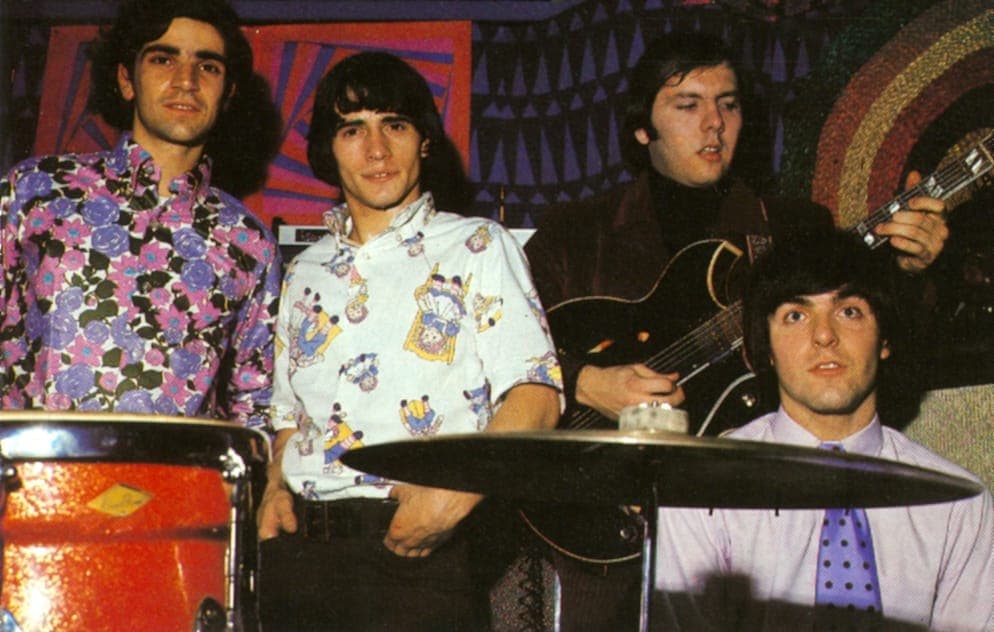
“I Ain’t Gonna Eat Out My Heart Anymore” by The Young Rascals: A Bold Debut for an Iconic Band
When The Young Rascals burst onto the American music scene in late 1965 with their debut single, “I Ain’t Gonna Eat Out My Heart Anymore,” they brought with them a fresh, soulful energy that was impossible to ignore. Written by Pam Sawyer and Laurie Burton, the track was initially crafted with the British Invasion sound in mind. However, it found its true home in the hands of this fiery American group, whose raw passion and tight musicianship transformed it into a statement of intent.
Released in November 1965 through Atlantic Records, the song didn’t skyrocket to the top of the charts, peaking modestly at No. 52 on the Billboard Hot 100. Still, its impact went beyond its chart position. “I Ain’t Gonna Eat Out My Heart Anymore” set the tone for what was to come from The Young Rascals—an irresistible blend of rock, pop, and blue-eyed soul that would soon catapult them to stardom.
The track’s undeniable appeal lies in its fiery delivery and memorable groove. Lead vocalist Felix Cavaliere brings an emotional weight to the song’s tale of heartbreak and defiance, while Eddie Brigati’s harmonies add a sense of urgency. The gritty yet polished instrumentation, with Gene Cornish’s guitar and Dino Danelli’s dynamic drumming, foreshadows the energy that would define the band’s later hits like “Good Lovin’” and “Groovin’.”
Lyrically, the song captures a sense of youthful frustration and bold self-assertion. The protagonist declares their refusal to be strung along in a relationship, exuding confidence and resilience—a sentiment that resonated with the burgeoning countercultural ethos of the 1960s.
Although “I Ain’t Gonna Eat Out My Heart Anymore” didn’t make a huge commercial splash, it became a cornerstone of The Young Rascals’ self-titled debut album in 1966. The album showcased the band’s versatility, blending rock and R&B influences, and helped establish them as one of the most exciting new acts of the era. The song later gained a wider audience through its inclusion on compilation albums like Time Peace: The Rascals’ Greatest Hits (1968), ensuring its place in the band’s enduring legacy.
For fans of The Young Rascals, this debut single represents the spark that ignited a career filled with iconic hits and groundbreaking music. Its raw energy and heartfelt delivery continue to resonate, serving as a reminder of the moment when a young, hungry band first announced themselves to the world with swagger and soul.